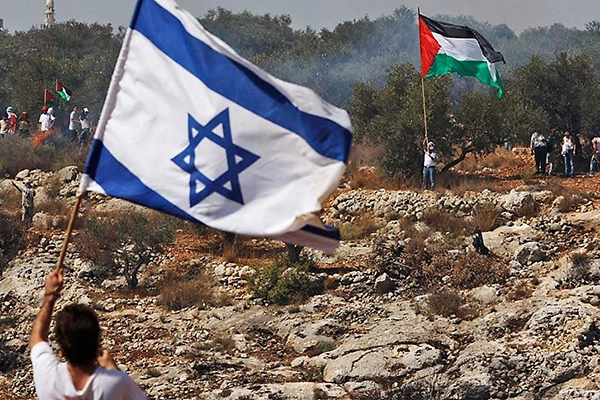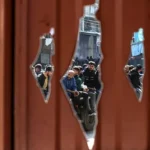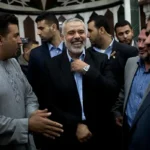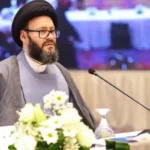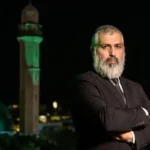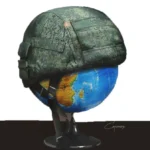The problem of trust is the main obstacle to resolving the conflict that has raged for half a century. Let’s look at this bitter reality.
Israel and Palestine are two peoples, two states, but the history of their confrontation resembles a series of continuing tragedies. Now, according to many analysts, the chances of peaceful coexistence of the two states are practically unattainable.
The problem lies not only in the complexity of the negotiations, but also in trust, which has long been lost. It is difficult for Israeli society to believe that such atrocities committed by Hamas will not be repeated. On the other hand, Palestinians are not ready to forget the thousands of victims and the destruction in Gaza.
A survey conducted in December by the Palestinian Center for Political and Sociological Research showed that Palestinian support for the idea of two states rose slightly to 34%. At the same time, support for armed struggle in the West Bank rose from 54% to 68%. These data point to an increase in skepticism and pessimism.
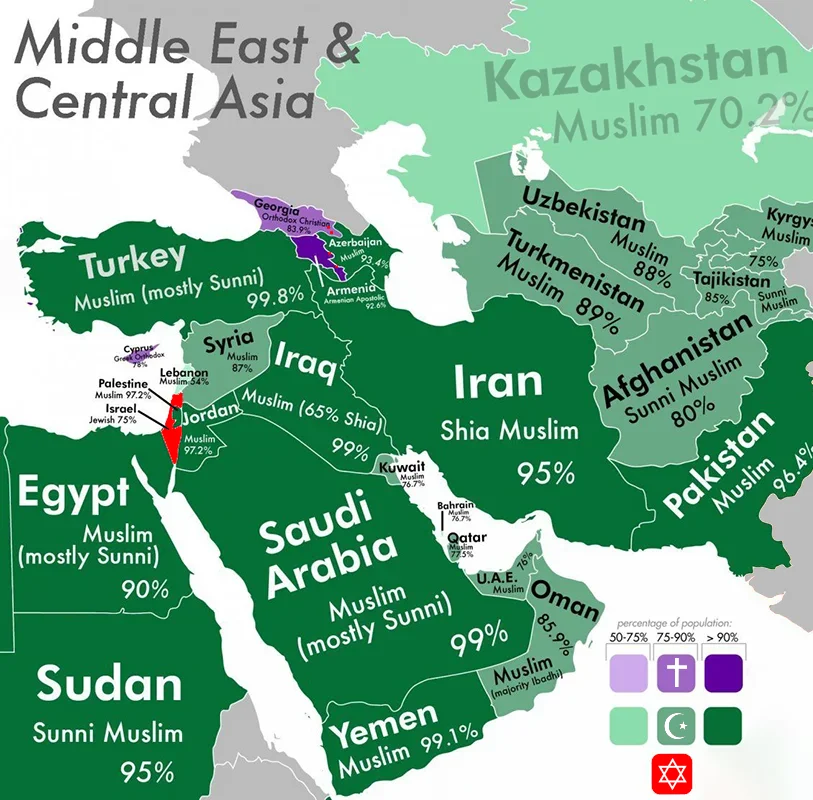
Similar alarming trends can be observed among Israelis. According to the Pew Research Center, only 35% of Israelis believe that two states can coexist peacefully. Over the past few decades, support for the idea of two states among Israelis has declined.
The people are not ready yet.
Peace takes time and patience. People on both sides of the conflict need a non-military life next to each other in order to begin to rebuild mutual trust. The words of Israeli publicist and veteran negotiator Gershon Baskin sound like the voice of reason: “It takes time. People can’t think rationally right now. They are traumatized and want revenge. Despite all the rational components of this formula, people are not ready”.
There is an imbalance between the world community’s desire to implement the two-state formula and the unwillingness of Israelis and Palestinians to accept it as a viable solution. This casts doubt on the possibility of resolving the conflict. However, as former U.S. Ambassador to Israel Martin Indyk notes, despite the difficulties, the U.S. and other countries must continue their efforts to establish a stable order in Gaza that could eventually lead to a two-state solution.
We face a difficult task today. Many doubt the possibility of a peaceful tomorrow. According to Professor Nathan J. Brown, active fighting may cease, but skirmishes will continue, and Gaza may become a “super camp” where people depend on humanitarian aid from outside.
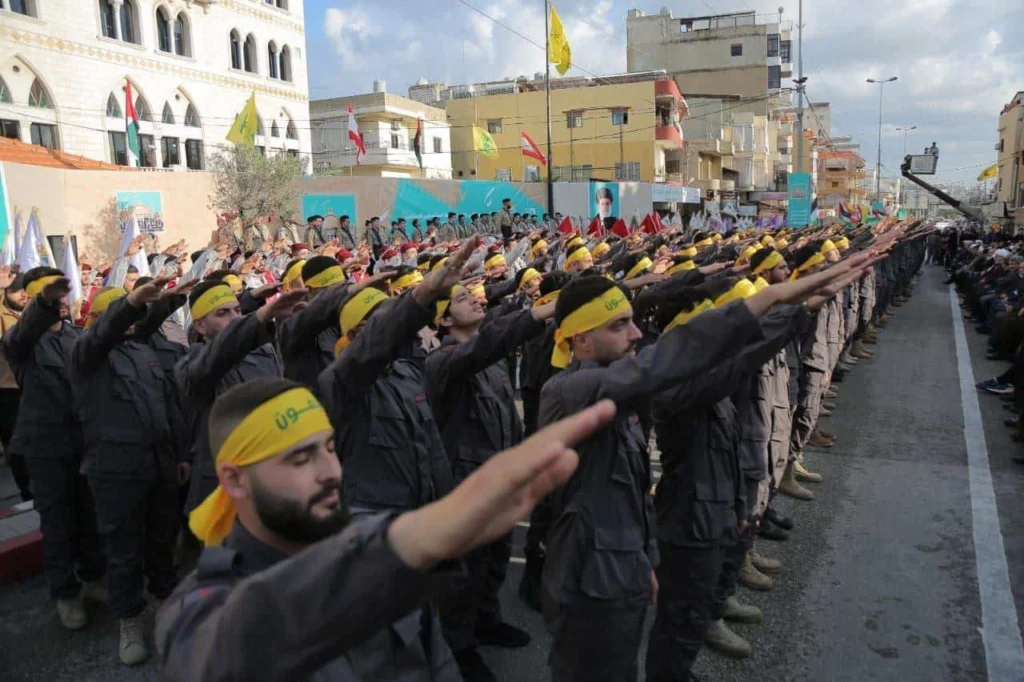
The difficult situation in northern Israel is also a cause for concern. Israel and Hezbollah in Lebanon are on the verge of a full-scale war. Without Iran’s consent, Hezbollah is unlikely to initiate hostilities, but the risk is great. The conflict could escalate into a regional war, increasing uncertainty in the region.
Intermediaries.
The mediators, led by the United States, are desperately trying to prevent this conflict from turning into a full-scale Middle East war, and on the horizon, the November presidential elections in the United States, which are approaching with inexorable speed, are adding temporary pressure to this difficult situation.
For many, “two states for two peoples” remains an important global motive for resolving the Palestinian-Israeli conflict, despite its long history of deadlock. There seems to be no other alternative for the peaceful coexistence of the two peoples.
Now the question arises: what will be the future of Gaza after the war? Will peace be possible, and how does Palestine fit into this picture?
The prospect of Palestine on the world map seems more elusive than ever these days. However, almost all of Israel’s allies and neutral countries are offering this particular diplomatic path.
It should be noted that even the countries of the Arab world, the Americans and the Europeans still support this idea.
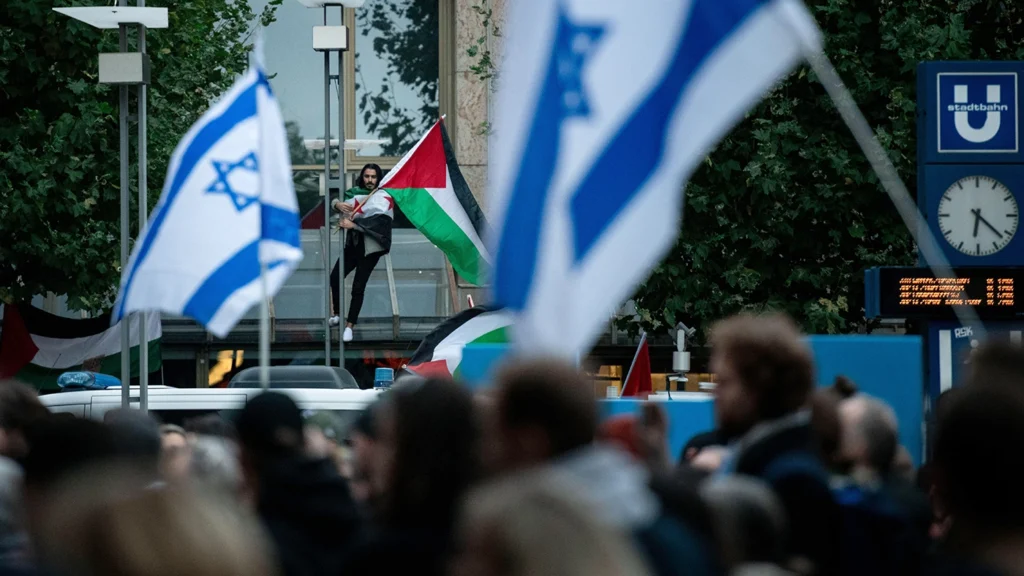
The exception is Israeli Prime Minister Benjamin Netanyahu, who has opposed the creation of a Palestinian state for most of his political career. In the midst of the hostilities, he has chosen to avoid discussing the future of Gaza and the nature of the outcome of the conflict.
At the end of January, the head of European diplomacy, Josep Borrel, reacted sharply to the Israeli prime minister’s refusal to even discuss the idea of “two states,” asking: “What should be the solution? Expel the Palestinians from Gaza or kill them all?”
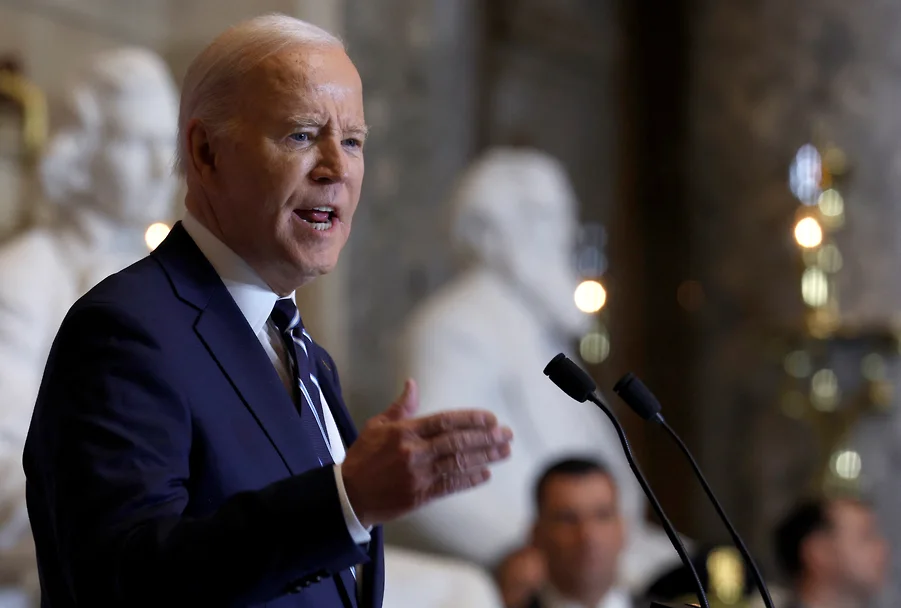
Nevertheless, the United States, a long-time ally of Israel, insists on the idea of two states. President Joe Biden insisted: “When the conflict is over, there has to be a vision of where to go next. From my perspective, it should be a two-state solution.”
As the November elections approach, Biden needs the support of Arab and Muslim Americans, especially in the swing state of Michigan, home to the largest Arab-American community. They criticize the president for being too active in supporting Israel in its war against Hamas. Netanyahu’s far-right partners also dream of occupying Gaza and settling it with Israelis. But their plans are opposed by Israel’s allies and even by many Israelis, including the military.
It is important to remember that Israel withdrew its troops and settlers from Gaza in 2005 after 38 long years of occupation. The military involved in the ongoing fighting in Gaza is in no hurry to return there.
“Bibi”.
Israeli Defense Minister Yoav Galant is proposing a post-war settlement plan in which Palestinians not affiliated with radical groups play a key role in governing Gaza. However, security control remains with Israel, and the Israeli military retains free access to Gaza for missions and inspections.
Netanyahu is avoiding a specific answer, probably out of a desire not to antagonize ultranationalist-minded coalition partners and delay the decision until after the American elections, experts say.
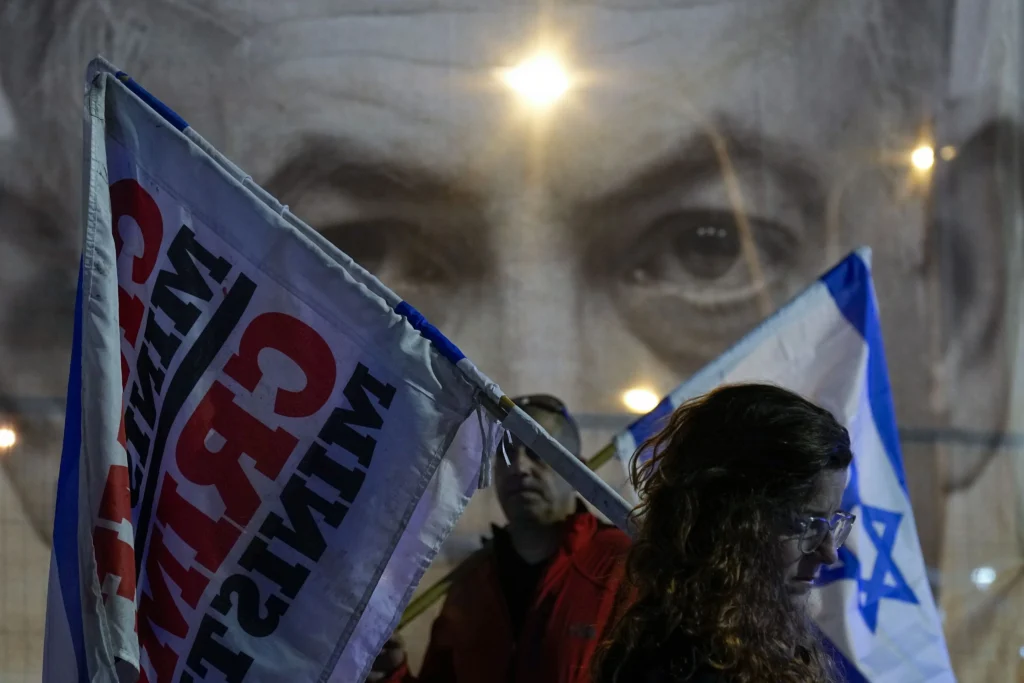
“Netanyahu is not driven by a solution to the conflict, the main issue for him is his own political survival,” said Stephanie Latt Abdallah, a Middle East specialist.
But according to Frederic Ensel, a political scientist and lecturer at the Institute of Political Sciences in Paris, there are three key conditions for a return to a real peace process similar to the 1993 Oslo Accords: the demilitarization of Hamas, the return of the Palestinian Authority to the sector, and a change of government in Israel.

